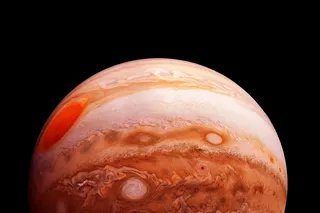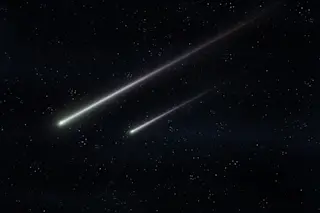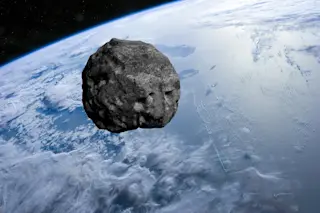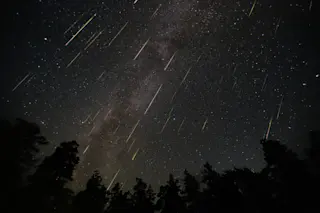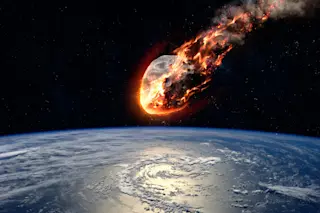For the tl;dr crowd, let's get this out of the way right away: asteroid 2012 DA14 is almost certainly not going to hit the Earth next February. And by "almost certainly", I mean it: the odds of an impact are so low they are essentially zero. This does not rule out an impact at some future date, but for now we're safe.
So what's the story? A small near-Earth asteroid was discovered in late February by astronomers at the Observatorio Astronómico de La Sagra
in Spain, less than two weeks ago. Designated 2012 DA14, it's estimated to be about 45 meters (150 feet) in diameter, and has an orbit
Its orbit is an inclined ellipse, tilted a bit compared to Earth's orbit around the Sun (the positions of Earth and DA14 are shown for August of 2012 -- I picked that randomly to make the ...




